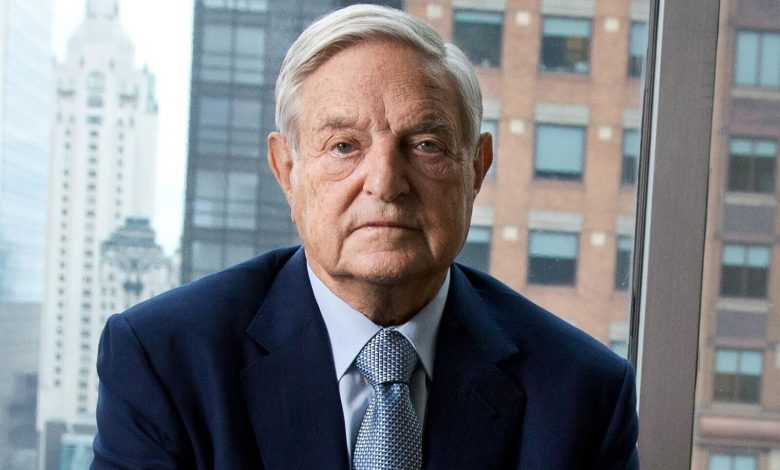George Soros: A Biography of the Renowned Investor and Philanthropist

George Soros, born György Schwartz on August 12, 1930, in Budapest, Hungary, is one of the most influential figures in the world of finance and philanthropy. His life story is a testament to resilience, ingenuity, and unwavering commitment to social justice.
Early Life and Education
Soros survived the Nazi occupation of Hungary during World War II, which had a profound impact on his worldview. After the war, he fled communist Hungary in 1947 and immigrated to England, where he attended the London School of Economics. Under the mentorship of philosopher Karl Popper, Soros developed his understanding of the principles of open societies and the concept of reflexivity, which would later shape his investment philosophy.
Rise to Prominence in Finance
In 1956, Soros moved to the United States and began his career in finance on Wall Street. He worked for various investment firms before establishing his own hedge fund, Soros Fund Management, in 1973. Soros gained international fame in 1992 when he famously bet against the British pound in the foreign exchange market, earning him over $1 billion in profits and the nickname “the man who broke the Bank of England.”
Investment Philosophy
Soros is renowned for his investment philosophy based on the theory of reflexivity, which suggests that investor perceptions and market fundamentals influence each other in a feedback loop. He believes that markets are inherently unstable and prone to boom-and-bust cycles driven by investor sentiment and cognitive biases. Soros’s approach to investing is characterized by a focus on identifying mispriced assets, anticipating market trends, and managing risk through diversification.
Philanthropy and Advocacy
Beyond his success in finance, Soros is equally known for his philanthropic endeavors and advocacy work. He founded the Open Society Foundations in 1979, a network of philanthropic organizations dedicated to promoting human rights, democracy, and social justice around the world. Through his foundation, Soros has supported initiatives in education, public health, refugee relief, and civil society development in over 120 countries.
Controversies and Criticisms
Despite his philanthropic efforts, Soros has faced criticism and controversy throughout his career, particularly from political opponents who view his support for liberal causes as a threat. He has been the subject of conspiracy theories and targeted attacks by right-wing politicians and media outlets, accusing him of manipulating markets and influencing global politics. However, Soros remains undeterred in his commitment to advancing the principles of open society and democratic governance.
Legacy and Impact
George Soros’s legacy extends far beyond his achievements in finance and philanthropy. He is a visionary leader who has dedicated his life to promoting the values of democracy, human rights, and social justice on a global scale. Through his bold investment strategies and tireless advocacy efforts, Soros has left an indelible mark on the world, inspiring future generations to strive for positive change and make a difference in the lives of others.
In summary, George Soros is a multifaceted figure whose life story serves as a testament to the power of resilience, innovation, and philanthropy. From surviving the horrors of war to reshaping the landscape of global finance and philanthropy, Soros’s journey is a source of inspiration for individuals and societies alike, reminding us of the importance of courage, compassion, and unwavering commitment to making the world a better place.



